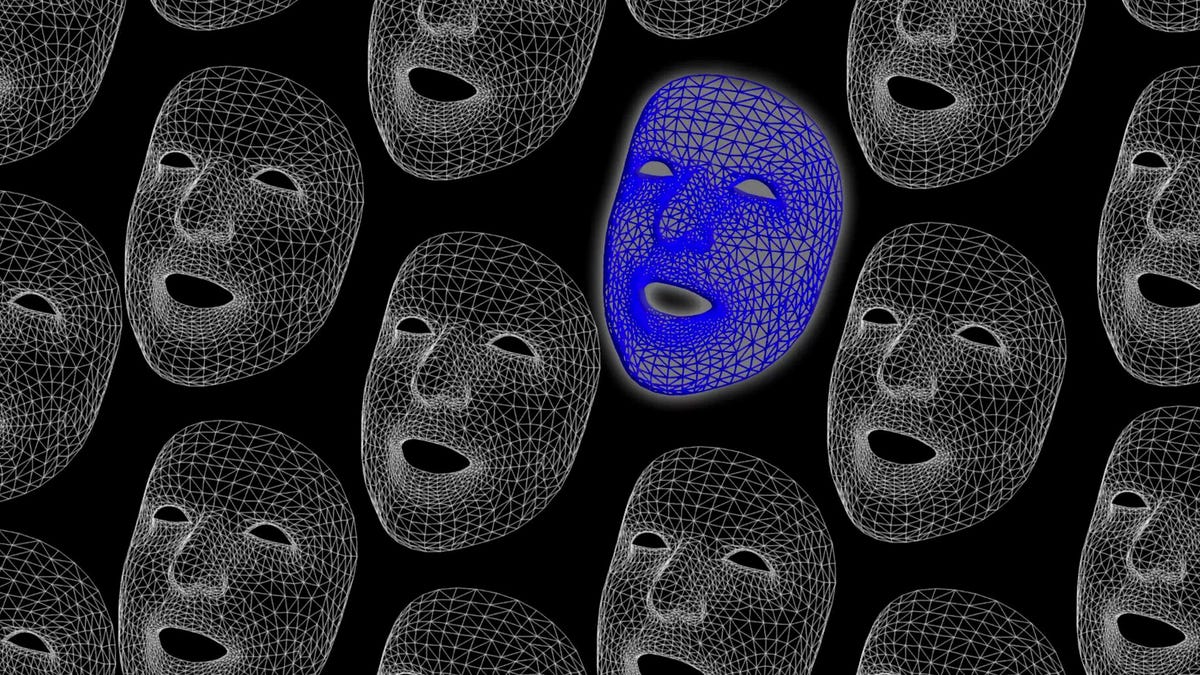 Why You Can Trust CNET
Why You Can Trust CNET Amazon pauses sales of facial recognition software to police indefinitely
Amazon renews its call to US lawmakers to regulate the use of facial recognition by law enforcement.

Amazon isn't ready to begin sales of its facial recognition software to law enforcement agencies when a yearlong moratorium expires in June. The company didn't announce a new deadline, and the suspension of sales of the Rekognition software will stay in place until further notice, as reported earlier Tuesday by Reuters.
The ban came after a long period of outcry against the use of facial recognition software in law enforcement. Reports emerged that facial recognition programs disproportionately misidentified women and also people with dark skin tones, incorrectly flagging them as matches to photographs. The ACLU ran US lawmakers' faces through the software and found several lawmakers falsely identified as criminals. Amazon has disputed these findings and criticized the ACLU's methodology.
States and localities considered bans on police using the technology, with prohibitions passing in cities in California and Massachusetts. Jackson, Mississippi, also passed a ban, in August 2020. Critics say the risk of wrongful arrest is high, especially for people of color. In one case, police arrested a Michigan man solely on the basis of a false facial recognition match in a case involving theft. Critics also say facial recognition is a threat even if it works perfectly, because it's too intrusive a tool to give law enforcement.
After the murder of George Floyd by law enforcement in May 2020, Amazon announced it would hold off on sales of the technology to police to give US lawmakers time to consider regulations for the ethical use of facial recognition. Though lawmakers introduced bipartisan legislation on the matter last year, no new laws have been enacted.
Nathan Freed Wessler, deputy director of the ACLU's Project on Speech, Privacy, and Technology, said Amazon's decision was the right step, but he indicated that the organization wouldn't be satisfied with regulations on the sales of facial recognition software to law enforcement.
"Now the Biden administration and legislatures across the country must further protect communities from the dangers of this technology by ending its use by law enforcement entirely, regardless which company is selling it," he said.

